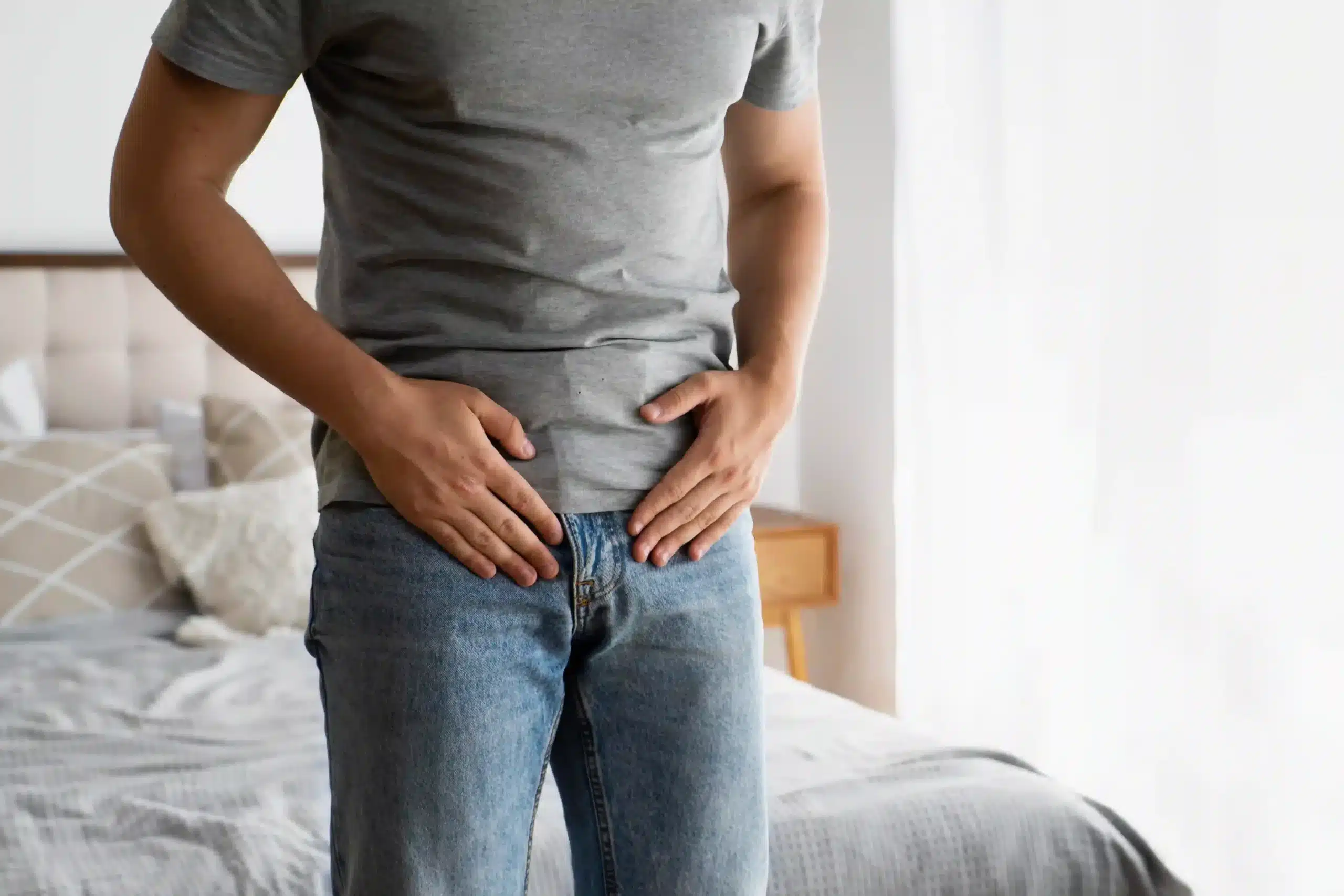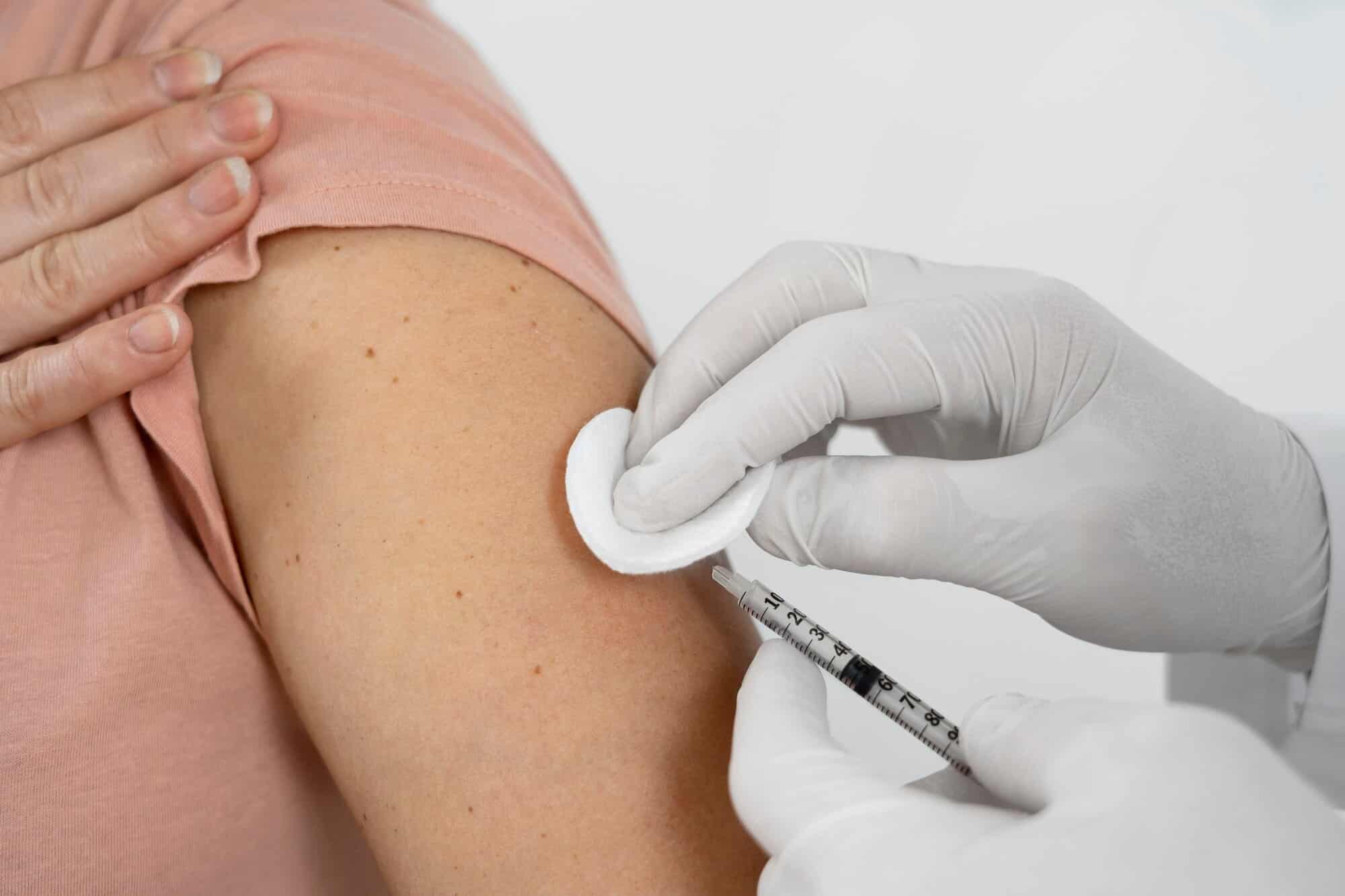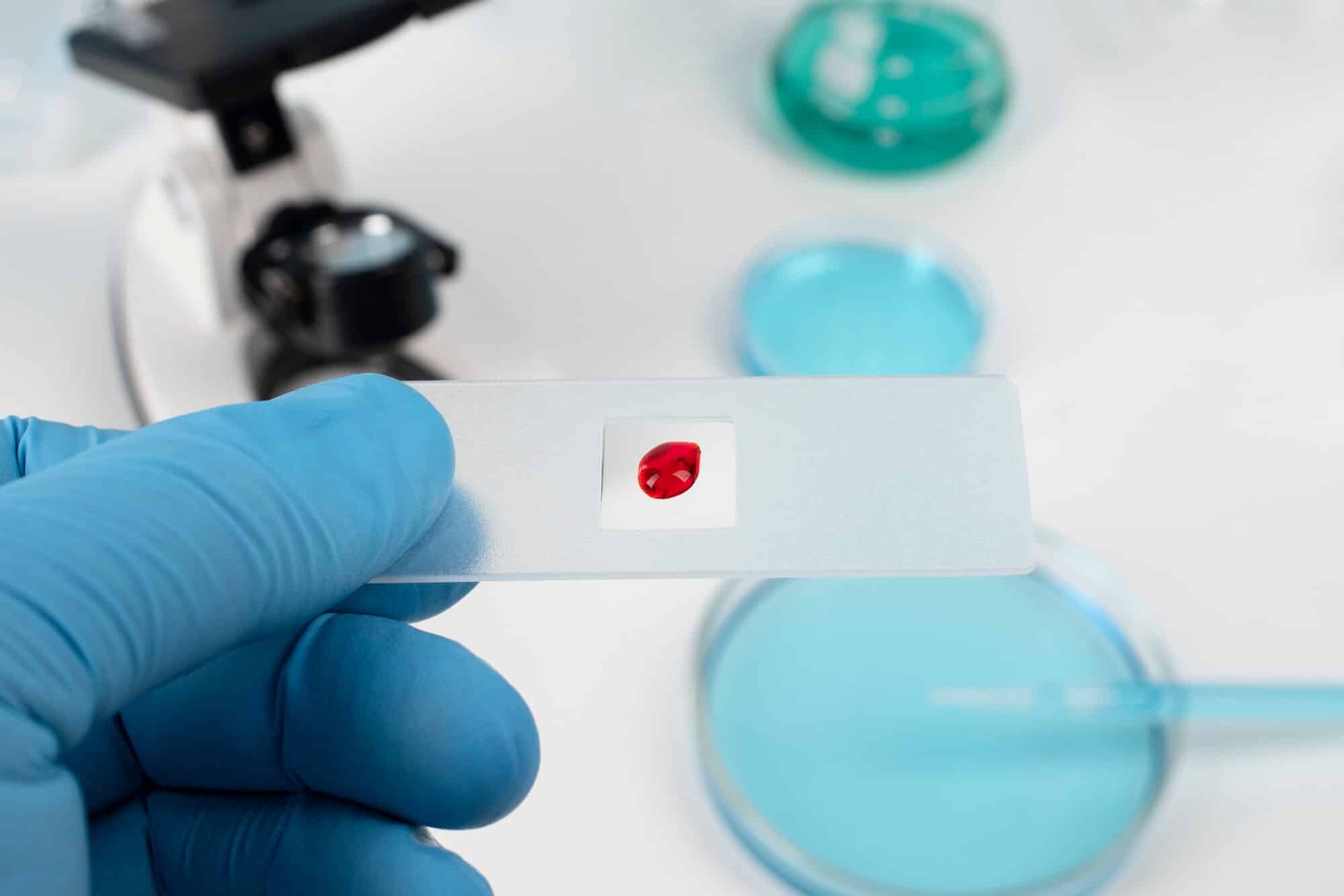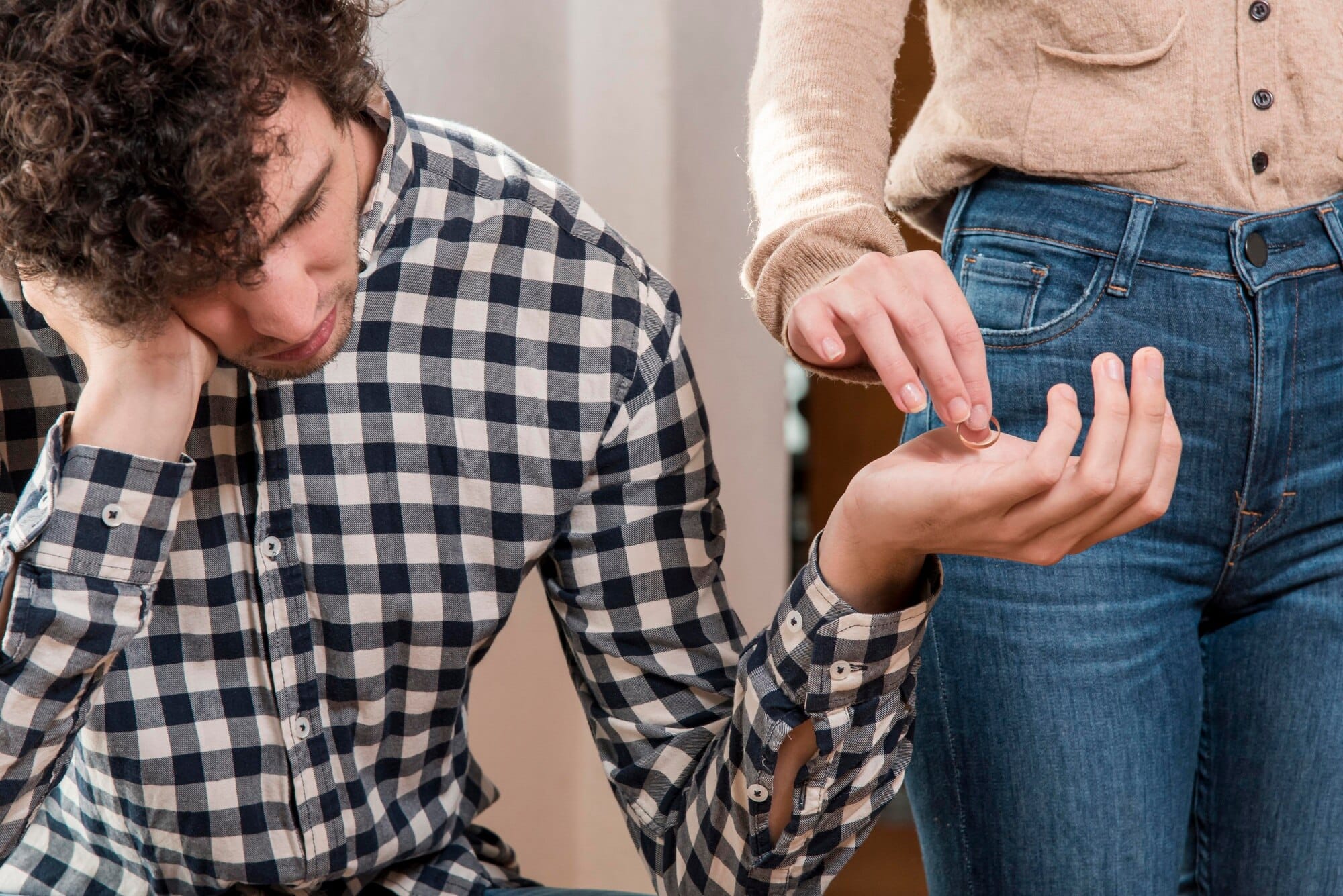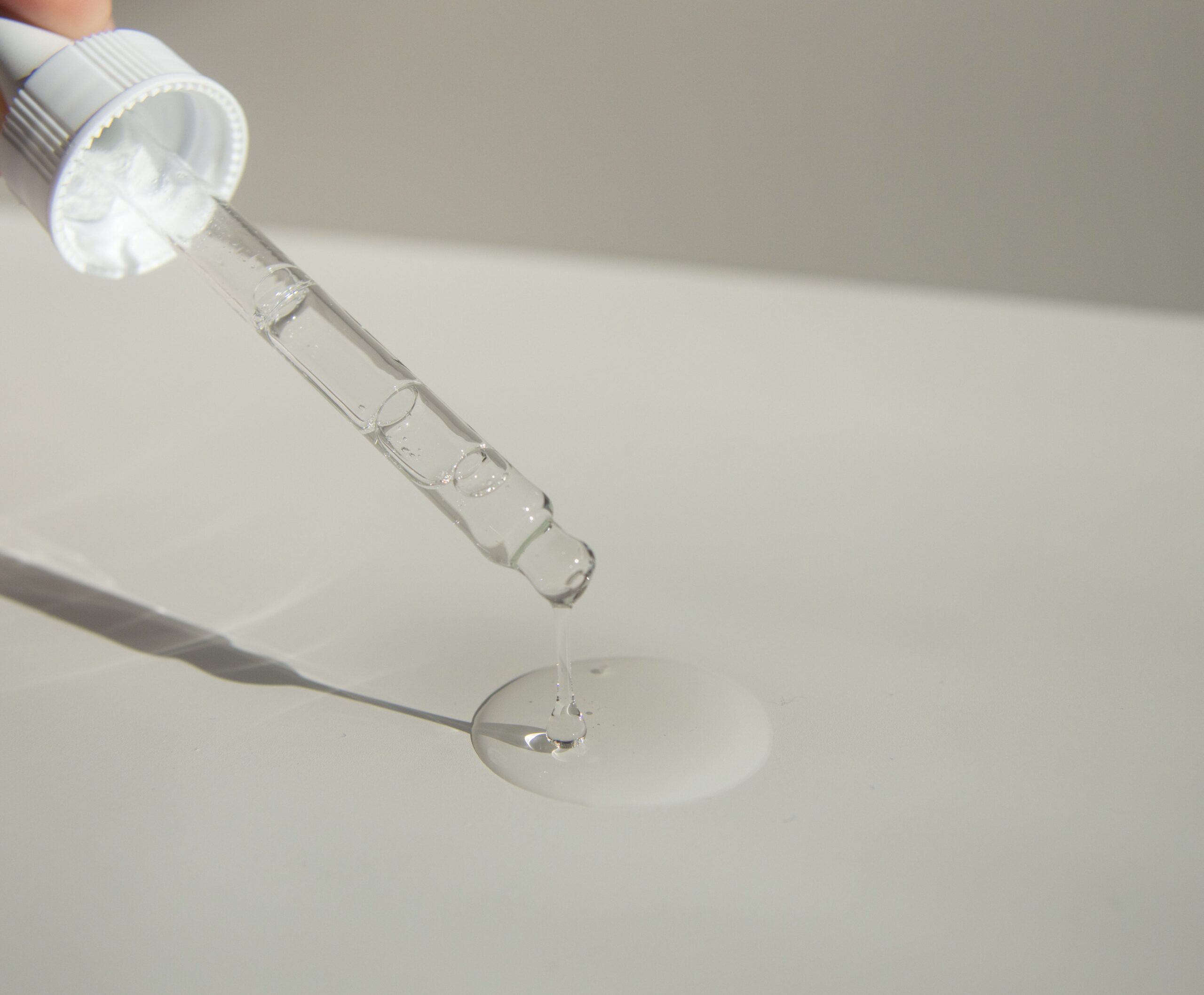
If you happen to be wondering when you should get tested for STDs after unprotected sexual intercourse, you have come to the right place. It is prudent to be proactive while making decisions about your sexual health as it can affect not only you but your sexual partners as well (both past and present partners). Testing for STDs can seem daunting, especially since there are different STD incubation periods.
Carry on reading to find out how soon STDs can be detected and the STD incubation period for different STDs.
What is an STD Incubation Period, AKA Window Period?
The STD incubation period is between the first time you come in contact with an STD and the manifestation of its symptoms or ability to detect the STD on a test. Some STD tests consist of tests checking for the presence of antibodies (cells needed to fight off an infection). It also takes some time for antibody levels in your body to reach detectable levels. Some infections can have an STD incubation period of as short as three days, while other incubation periods can be significantly longer.
One confusing factor is that not all people infected with STDs will have symptoms; hence, they don’t know that they are infected in the first place and won’t get tested. So, you should test for STDs after having unprotected sexual intercourse, even if you do not show any infection symptoms.
The Window Period for STD Detection
If you are wondering when you should get tested for STDs after unprotected sex, then you should know that each STD has its own window period. It also depends on whether a bacteria or virus causes the infection. Below are the window periods for more common and easily transmissible STIs/STDs.
| STI |
Bacterial/ Virus Infection |
Window Period |
| HIV | Viral Infection | As few as 2 weeks, but up to 4 to 12 weeks. |
| Syphilis | Bacterial Infection | After 3 weeks to 3 months. |
| Chlamydia | Bacterial Infection | 1 to 2 weeks |
| Gonorrhea | Bacterial Infection | 1 to 2 weeks |
| Hepatitis B | Viral Infection | After 3 to 6 weeks. |
| Hepatitis C | Viral Infection | 4 to 12 weeks |
| HPV (Human Papillomavirus) | Viral Infection | 3 weeks to a few months |
| Herpes | Viral Infection | After a few days (with a swab test) or a few months (with a blood test) |
| Trichomonas | Parasitic Infection | After one to two weeks |
However, waiting to get tested, especially if you suspect you may have contracted an STI or STD, can seem like a never-ending wait. A usual protocol is that if you start to feel any symptoms of an STD, like irregular vaginal or penile discharge, experiencing pain while urinating, or general discomfort in the pelvic area, don’t wait to get yourself tested. Symptoms usually mean that the infection in your body is within detectable range. Furthermore, if your sexual partner informs you that they have tested positive for an STI, then it is essential that you also get yourself tested right away.
How Long Before Symptoms Appear?
Symptoms for different STDs can take different periods to manifest. This is because each STD has its own incubation period. The time period in which symptoms appear for more common and easily transmissible STDs is shown below:
|
STD/STI |
Incubation Period |
|
Chlamydia |
7 to 21 days |
| Gonorrhea |
2 to 24 days |
| HIV |
7 days to several years |
| Syphilis |
10 to 90 days |
| Hepatitis B |
6 weeks to 6 months |
| Hepatitis C |
2 weeks to 6 months |
| HPV (Human Papillomavirus) |
14 days to several years |
| Herpes |
2 to 12 days |
| Trichomonas |
5 to 28 days |
We can understand that waiting around can be very annoying, especially if you think you have caught an STD. However, by researching your available options and STD testing facilities available in your area, you can make informed decisions regarding your sexual health. If you are still in doubt, make sure to call your healthcare provider and discuss any doubts or suspicions regarding STD testing.
How Often Should You Get Tested For STDs?
Timelines for STD testing depend on your personal sexual history. All sexually active people should be screened at least once a year. For those who have multiple sex partners, we recommend every 3 to 6 months. Everyone aged 18 and up should be tested for hepatitis C and ages 13-64 should be tested for HIV at least once in their lifetime; both tests should be done more often depending on risk factors. Pregnant women should be tested early in pregnancy and again towards the end in some situations.
Please refer to the window periods table if you are uncertain how long after sex you should get tested. The various STD incubation periods will also tell you when you can expect to see symptoms of a possible STI.
Conclusion
To maintain a healthy sexual lifestyle, one rule of thumb can save you a trip to the doctor: Use Condoms! Condoms are a safe, easy, and reliable method for greatly reducing the risk of spreading STDs. But if, under any circumstances, you or your partner are experiencing STD symptoms or have been engaging in unprotected sexual intercourse, then be sure to get tested. At Equality Health, our team of professionals will guide you in all the details you need to know about STD incubation periods, the kind of tests available, and how soon you can get STD tested if you suspect infection and give you an STD treatment plan. Ultimately, always remember that safe sex is always the best kind.

